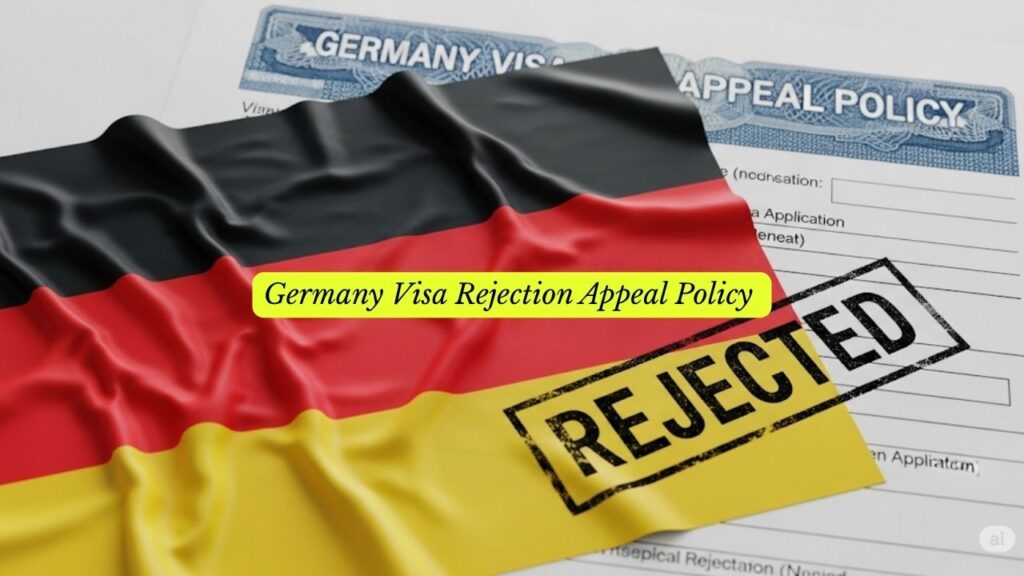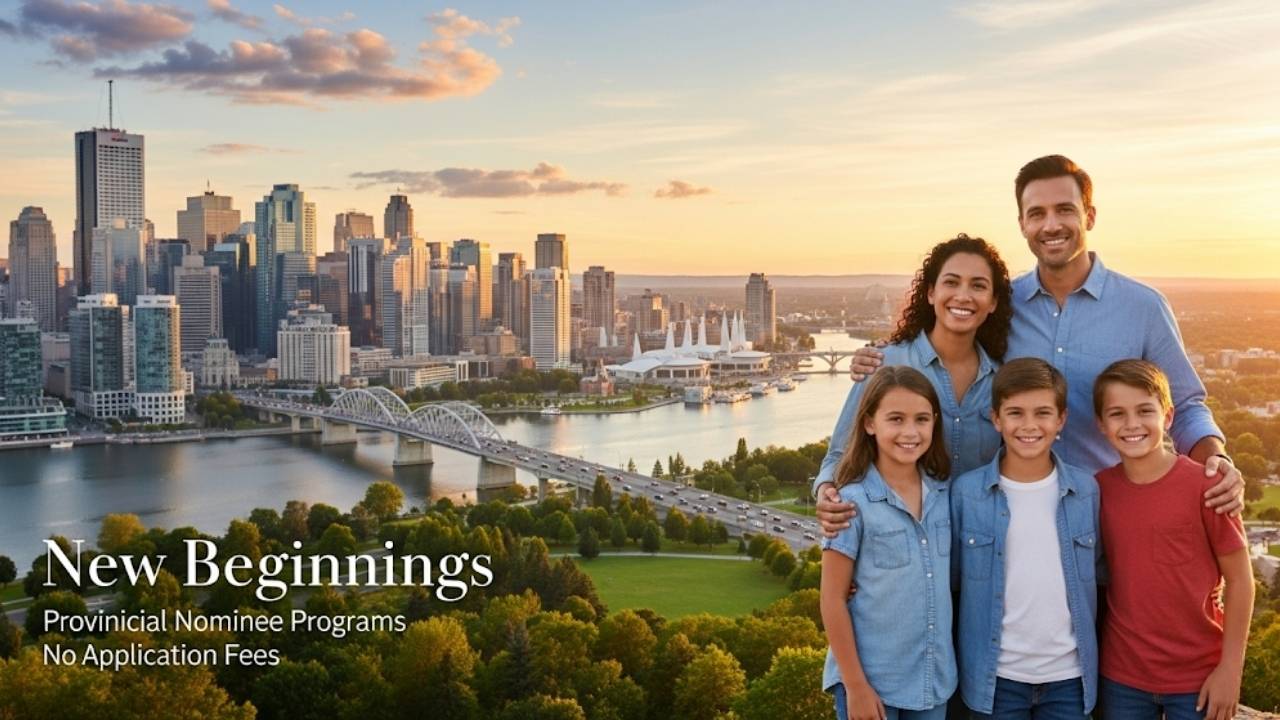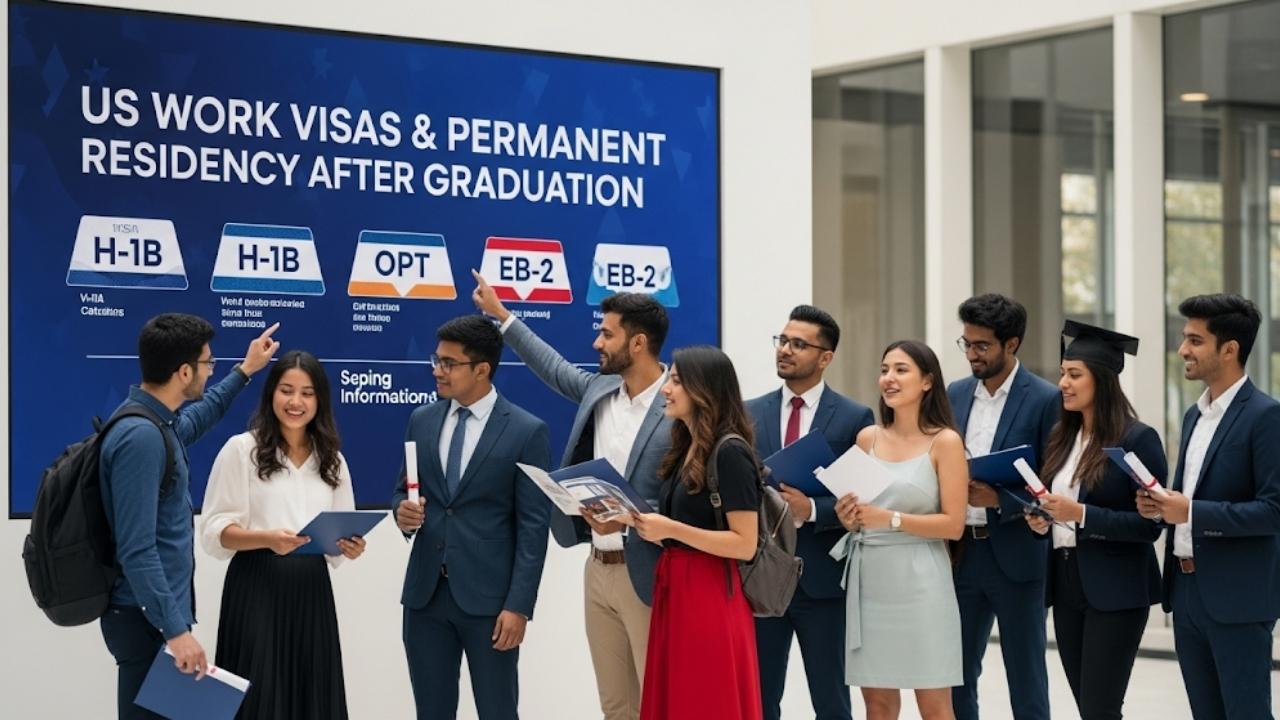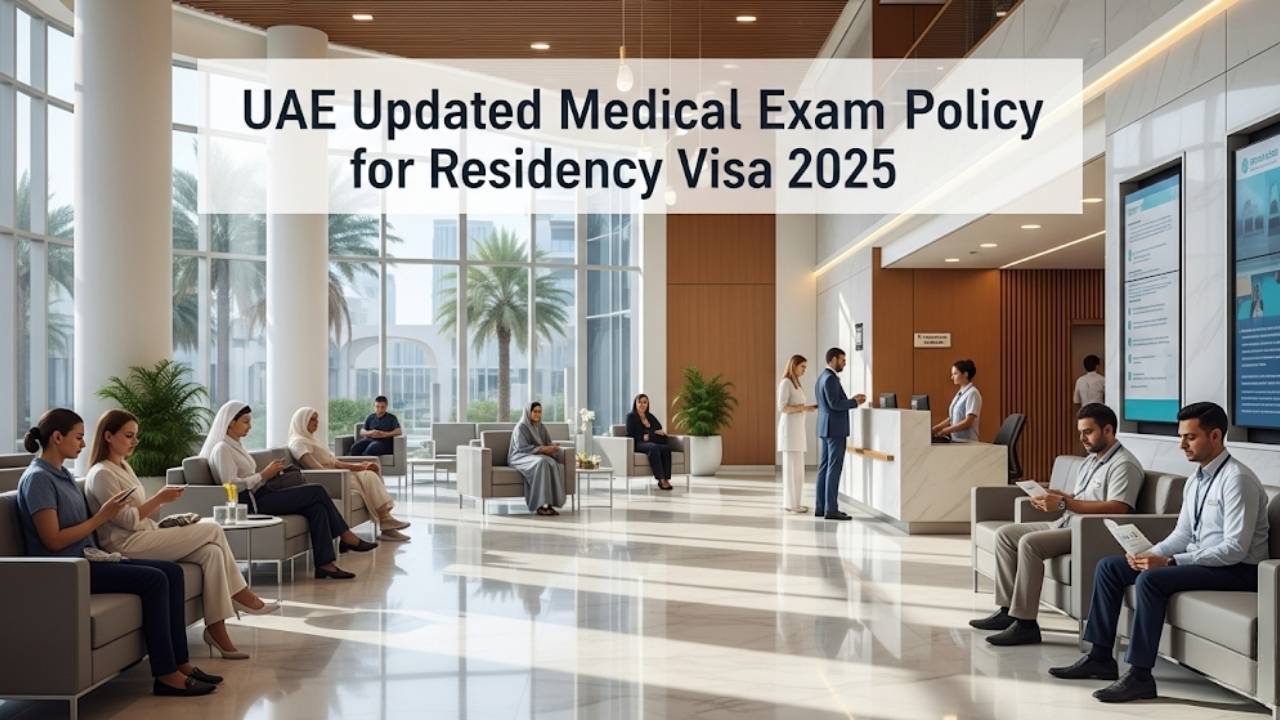Dreaming of a new chapter in Germany, whether it’s for study, work, or family reunification? The prospect of receiving a visa rejection can be disheartening, a sudden halt to carefully laid plans. For years, the remonstration procedure offered a critical lifeline, allowing applicants to appeal directly to the German embassy or consulate for reconsideration. However, a significant update in Germany Visa Rejection Appeal Policy in July 2025 has brought about a paradigm shift.

As a seasoned writer on immigration matters, I’ve seen countless individuals navigate the complexities of international visas. This latest change, effective July 1, 2025, necessitates a thorough understanding to ensure your journey to Germany remains on track. The informal administrative appeal option has been abolished globally, meaning rejected applicants now face a more stringent, yet still navigable, path forward: reapplication or a formal judicial appeal. This article will provide comprehensive, actionable, and encouraging information to help you successfully navigate this new landscape.
Germany Visa Rejection Appeal Policy
| Key Fact | Detail/Statistic | Source |
| Abolition of Remonstration | Effective July 1, 2025, the informal remonstration procedure for visa rejections has been abolished worldwide. | Federal Foreign Office (Germany) |
| New Appeal Options | Applicants now have two primary options: reapply for a visa or file a lawsuit with the Administrative Court in Berlin. | Fragomen |
| Judicial Appeal Timeline | A formal judicial appeal can take up to two years to resolve, significantly longer than the previous administrative review. | Fragomen |
| Digital Application Portal | Since January 2025, Germany has launched a Consular Services Portal to streamline applications and reduce errors. | Times of India |
The updated Germany Visa Rejection Appeal Policy marks a significant shift, emphasizing the critical importance of a meticulously prepared initial visa application. While the remonstration procedure is no longer an option, the paths of reapplication and judicial appeal remain open. By understanding the new policy, addressing any previous rejection reasons comprehensively, and ensuring your application is robust, you can significantly increase your chances of a successful visa outcome. Your German dream is still within reach; it simply requires a more precise and proactive approach. Start preparing your application now with the utmost care and attention to detail.
The End of Remonstration: What It Means for You
Until now, the remonstration process offered a relatively straightforward and free method for applicants to challenge a visa rejection. It allowed you to submit a letter to the German embassy or consulate, detailing why you believed the decision was incorrect and providing additional supporting documents. This internal review often led to a reconsideration, providing a crucial “second chance.”
However, the German Federal Foreign Office has confirmed that this voluntary procedure is no longer available as of July 1, 2025. This change stems from a pilot project that revealed suspending remonstrations freed up significant staff capacity, leading to faster processing of both national and Schengen visas and a reduction in waiting times for new applications.
This means the stakes for your initial visa application are now higher than ever. Every detail, every document, and every statement must be meticulously prepared and presented.

Your Options After a Germany Visa Rejection in July 2025
If you receive a rejection after July 1, 2025, you are left with two primary avenues to pursue:
1. Reapplying for a Visa
This is often the most practical and efficient option, especially if your initial rejection was due to missing documents, minor errors, or easily rectifiable issues. There is no “cooling period” or mandatory waiting time after a visa rejection; you can reapply immediately.
Key Steps for Reapplication:
- Understand the Reason for Rejection: Your rejection letter will clearly state the reasons for the denial. This is your most valuable piece of feedback. Did you have insufficient funds? Were documents missing or incomplete? Was your purpose of stay unclear?
- Address the Issues Directly: Based on the rejection reasons, meticulously gather any missing documents, correct errors, and strengthen areas that were deemed weak. For instance, if financial proof was an issue, ensure your bank statements or blocked account reflect the required amount, or secure a more robust sponsorship.
- Strengthen Your Application:
- Financial Proof: Germany requires proof of sufficient funds to cover your stay. For students, this typically means a blocked account with a minimum deposit (e.g., €11,208 for a year as of recent guidelines, though always check the latest figures on official embassy websites).
- Purpose of Stay: Clearly articulate the purpose of your visit with strong supporting documents like a university admission letter, a detailed job offer, or a comprehensive itinerary for tourist visas.
- Ties to Home Country: Convincingly demonstrate your willingness to return to your home country after your stay. This can include evidence of family ties, property ownership, or stable employment.
- Motivation Letter: Craft a compelling motivation letter that clearly outlines your intentions, enthusiasm, and why Germany is the ideal destination for your goals.
- Utilize the Consular Services Portal: Launched in January 2025, this digital platform provides step-by-step guidance for national visa categories, helping applicants submit complete and accurate applications. This can significantly reduce delays caused by errors. Consular Services Portal
2. Filing a Formal Judicial Appeal (Klage)
If you believe your visa rejection was legally unfounded, you have the right to file a lawsuit with the Administrative Court (Verwaltungsgericht) in Berlin. This is a formal legal process and should not be undertaken lightly.
Key Considerations for a Judicial Appeal:
- Strict Deadlines: You must file the lawsuit within one month of receiving your visa refusal letter. Missing this deadline will likely forfeit your right to appeal.
- Legal Representation: While not strictly mandatory, it is highly recommended to engage a German immigration lawyer for a judicial appeal. This process is complex, involves legal fees, and requires a detailed understanding of German administrative law. A lawyer can effectively present your case, argue against the embassy’s reasons for rejection, and navigate court procedures.
- Cost and Time: Judicial appeals are comparatively expensive, incurring court fees (starting around €150-€300) and significant lawyer costs (often €1,000-€2,000+). Furthermore, the process can be time-consuming, taking anywhere from six months to two years or even longer, depending on the complexity of the case and court workload.
- Purpose: The court will examine whether the rejection violates your legal rights and if you have a legal claim to be granted a visa. It’s not simply a re-evaluation of your application but a legal challenge to the decision itself.

Why the Change?
The Federal Foreign Office has stated that the remonstration procedure was a voluntary provision, not a statutory requirement. The pilot project demonstrated that by removing this internal review, staff could be reallocated to process initial visa applications more efficiently, leading to faster overall processing times and reduced waiting periods for appointments. This move aims to streamline consular operations and improve efficiency for all applicants.
Proactive Measures: Avoiding Future Rejections
Given the abolition of the administrative appeal, your best defense against rejection lies in a flawless initial application. I’ve seen many successful applicants focus on a few key areas:
- Accuracy and Completeness: Double-check every single field on your application form. Ensure all required documents are included, translated (if necessary), and notarized as specified. Even a missing signature can lead to a rejection.
- Clarity and Consistency: Your application should tell a clear and consistent story. Your purpose of stay, financial means, and intentions should align across all submitted documents.
- Authenticity: Provide genuine documents and truthful information. Any attempt to present false or misleading information will result in an immediate and permanent rejection.
- Research Specific Requirements: Visa requirements can vary slightly depending on your nationality and the specific visa category (e.g., student, work, family reunion). Always refer to the official website of the German embassy or consulate in your country for the most up-to-date and precise requirements.
- Professional Guidance: Consider seeking advice from reputable immigration consultants or lawyers before submitting your initial application. Their expertise can help you identify potential weaknesses and ensure your application is as strong as possible.
Spain Study Visa New Policy: Your 2025 Guide to Studying in Sunny Spain
Beat the Rush: Your Guide to New Zealand Student Visa Applications for the 2025 Mid-Year Intake
FAQ
Q1: What is the main change in the Germany Visa Rejection Appeal Policy as of July 2025?
As of July 1, 2025, the informal administrative appeal process, known as remonstration, has been abolished for German visa rejections worldwide.
Q2: What are my options if my German visa is rejected after July 1, 2025?
You have two main options: you can submit a completely new visa application, or you can file a formal lawsuit with the Administrative Court in Berlin to challenge the rejection.
Q3: How long does a judicial appeal against a German visa rejection take?
A formal judicial appeal can be a lengthy process, often taking anywhere from six months to two years or more to be resolved by the Administrative Court in Berlin.
Q4: Do I need a lawyer to appeal a German visa rejection through the administrative court?
While not strictly required, it is highly recommended to engage a German immigration lawyer for a judicial appeal due to the complexity of the legal process and the need for detailed legal arguments.
Q5: What is the Consular Services Portal and how can it help with my German visa application?
The Consular Services Portal, launched in January 2025, is a digital platform that provides step-by-step guidance for national visa applications, aiming to help applicants submit complete and accurate documents and reduce processing delays.










